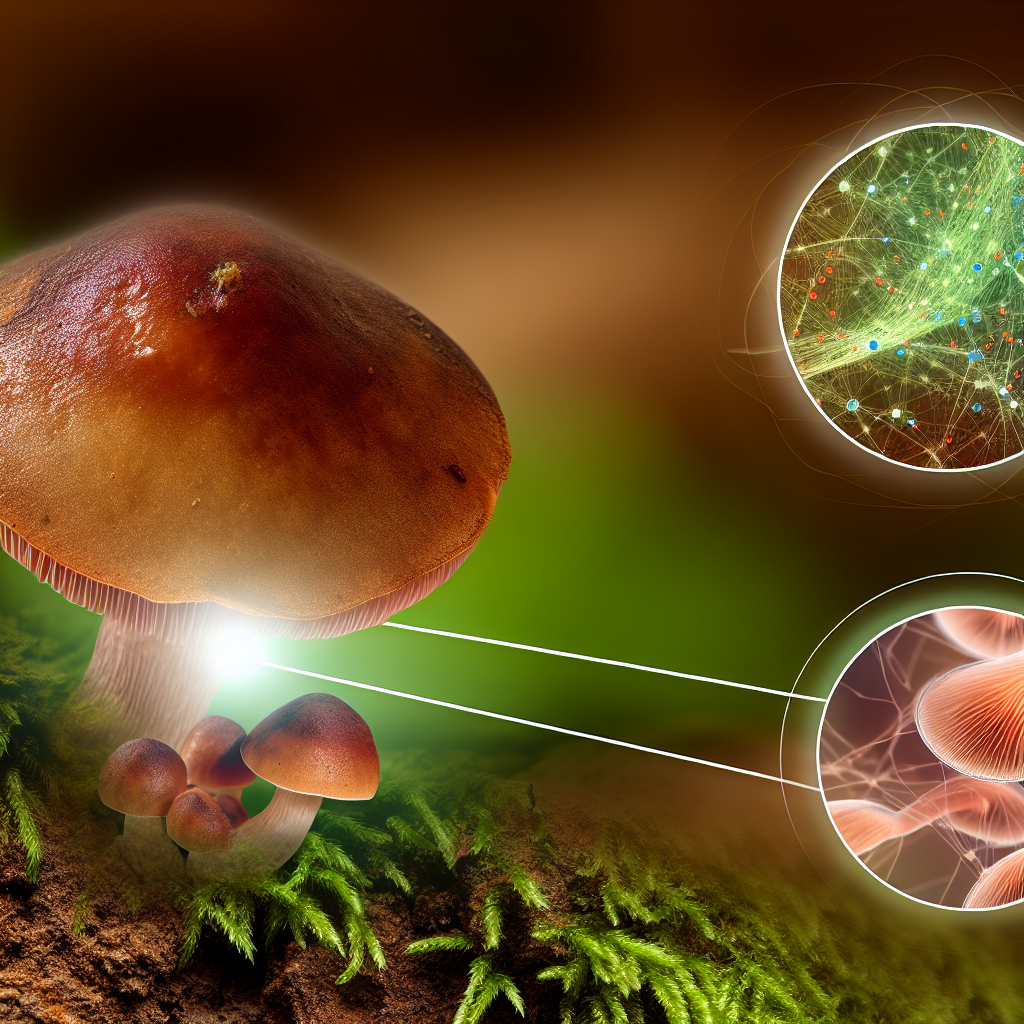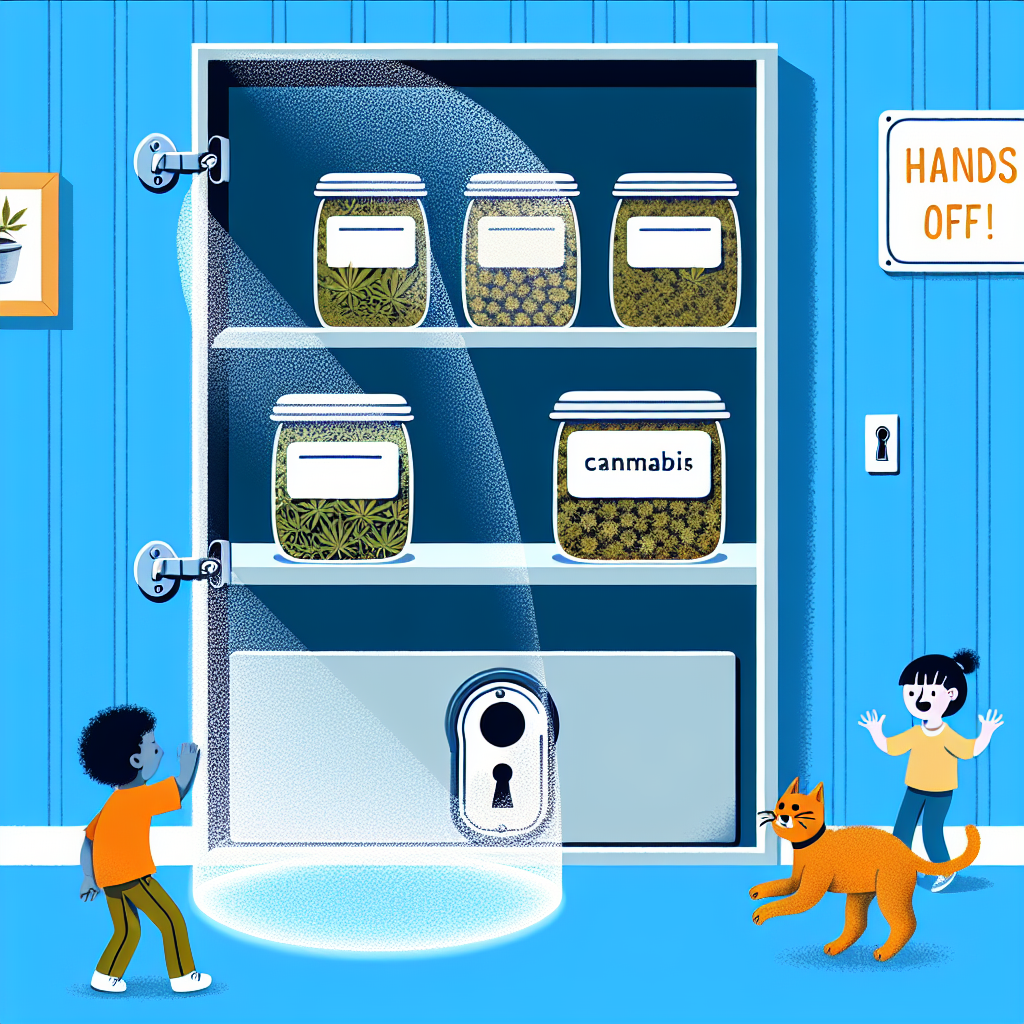# Delta-11 THC: Is This New Cannabinoid Legal in Your State?
Introduction: A New Cannabinoid on the Horizon
The cannabis industry continues to evolve at a rapid pace, and with it emerges a slew of novel cannabinoids reshaping the landscape. Delta-11 THC is one of the newest cannabinoids making waves among both recreational users and medical professionals. As consumers become more educated and regulatory bodies tighten controls, Delta-11 enters the scene as both a curiosity and a potential disruptor.
For years, Delta-9 THC was considered the gold standard for cannabis psychoactivity, responsible for the “high” commonly associated with marijuana. This was soon followed by the rise of Delta-8 and Delta-10 THC, alternative isomers that emerged amid the 2018 Farm Bill’s gray area. Delta-11 THC, short for delta-11-tetrahydrocannabinol, is another derivative of THC that has drawn attention—primarily due to its similar effects and its nuanced place within the legal framework.
Delta-11 THC is a minor cannabinoid found in trace levels in the cannabis plant. Unlike CBD, which is non-psychoactive, Delta-11 appears to be psychotropic and, according to some anecdotal reports, may deliver a more potent high than Delta-9. However, Delta-11 is typically produced through synthetic processes involving isomerization, much like Delta-8 and Delta-10, which means it’s often derived from hemp—making it an appealing candidate for legality under federal hemp guidelines.
Despite its novelty, Delta-11 THC remains poorly studied in clinical terms, leaving a significant gap in toxicology, pharmacology, and efficacy data. At this point, it’s unclear what precise medical benefits or side effects this cannabinoid may carry. However, its potential potency and unique legal positioning have cannabis producers and consumers alike wondering: is Delta-11 THC legal in your state?
Because cannabis laws are highly variable across U.S. states—especially where synthetically derived cannabinoids are concerned—Delta-11’s legality requires a state-by-state assessment. Many states have banned or restricted isomerized cannabinoids regardless of their delta nomenclature, while others are more permissive with hemp-derived products. As enforcement agencies and lawmakers catch up with the burst of new cannabinoids, consumers and cannabis professionals must stay informed about what is permissible in their jurisdiction before engaging with Delta-11.
Whether you’re a consumer seeking new experiences, a medical patient looking for alternative therapies, or a dispensary owner exploring emerging products, understanding the science and legal framework of Delta-11 THC is vital. Let’s delve into the features and legal implications of this mysterious new cannabinoid.
The Science of Delta-11 THC: What We Know So Far
At present, Delta-11 THC is among the lesser-studied cannabinoids, with limited peer-reviewed research currently available. The lack of scientific literature on Delta-11 THC’s pharmacological profile, toxicity, and efficacy significantly complicates its categorization in both medical and legal contexts. However, research into THC isomers generally provides some foundational insights into how these compounds interact with the human endocannabinoid system (ECS).
The ECS includes receptors—primarily CB1 and CB2—that play a role in modulating mood, pain, appetite, and memory. Delta-9 THC binds primarily to CB1 receptors in the brain, which is what creates its psychoactive effects. Early structural assessments of Delta-11 suggest it also binds to these receptors, potentially with greater efficacy or potency. Based on anecdotal evidence from users, Delta-11 may induce a more intense euphoria and longer-lasting effects, although this has not yet been confirmed by clinical studies.
Some laboratories specializing in cannabinoid synthesis, such as ACS Laboratory, have started analyzing Delta-11 THC in their panels, signaling growing interest in characterizing this new compound. Initial mass spectrometry reports appear to confirm that Delta-11 exhibits a similar molecular behavior to other psychoactive THC variants, though in-depth toxicology studies are still lacking.
User Experiences and Medical Potential: What Are People Saying?
Anecdotally, users report that Delta-11 THC provides strong body relaxation, mild psychedelic experiences, and heightened sensory perception. However, given these accounts are not verified by controlled clinical trials, medical professionals remain cautious about recommending Delta-11 for therapeutic use.
More robust clinical trials—as performed with Delta-9 THC for conditions like multiple sclerosis, chemotherapy-related nausea, and chronic pain—are needed to validate these claims. Until science catches up, consumers are left navigating uncharted waters based on personal reviews and product marketing.
Is Delta-11 THC Legal? Federal vs. State Laws Explained
Legal scholars and cannabis law experts suggest that the synthetic nature of Delta-11 THC muddies its legal waters. Under the 2018 Farm Bill, hemp-derived cannabinoids are federally legal if they contain less than 0.3% Delta-9 THC. However, the Drug Enforcement Administration (DEA) has stated that any synthetically derived THC remains a Schedule I substance, creating concern that Delta-11’s synthetic production could render it illegal under federal law, despite its hemp origin.
This classification was echoed in an official DEA letter addressing similar cannabinoids like Delta-8, indicating that legality depends on both source and synthetic transformation.
Meanwhile, individual states are issuing their own guidance. States like Utah, Colorado, and New York have implemented bans or restrictions on synthetic cannabinoids, including all isomers of THC. Others such as Florida and Texas continue to permit their sale under and within hemp market parameters.
Thus, Delta-11 THC’s legality can vary widely not just at the federal level, but even between neighboring states. It’s crucial to consult up-to-date, state-specific resources or legal experts before buying, selling, or distributing Delta-11 products.
Conclusion: High Potential, High Uncertainty
Delta-11 THC represents the newest frontier in cannabinoid innovation, but with minimal scientific research and a fluctuating legal status, it remains a high-risk, high-reward topic for both users and industry professionals.
As lawmakers, researchers, and cannabis advocates continue to define Delta-11 THC’s place in the broader cannabis ecosystem, staying up-to-date on both legal status and potential health effects is essential. Before exploring this cannabinoid, always verify state-specific laws and consult healthcare professionals when seeking therapeutic cannabis alternatives.
Summary: Delta-11 THC is a newly discovered cannabinoid that has gained attention for its potential psychoactive effects, similar to Delta-9 THC. However, the legality of Delta-11 remains uncertain, as it is often produced through synthetic processes, which may violate federal and state laws. While some users report beneficial experiences with Delta-11, further research is needed to understand its pharmacological profile, safety, and medical applications. Before engaging with Delta-11 THC, it is crucial to stay informed about the latest legal developments in your state and consult with healthcare professionals.
References:
– [DEA letter on synthetic cannabinoids](https://www.dea.gov/press-releases/2021/09/15/dea-releases-internal-letter-classifying-delta-8-thc-synthetic)
– [2018 Farm Bill](https://www.congress.gov/bill/115th-congress/house-bill/2)
– [NCCIH: Cannabis and Cannabinoids](https://www.nccih.nih.gov/health/cannabis-cannabinoids)
– [ACS Laboratory on Delta-11 Testing](https://acslab.com/learn/delta-11-thc-new-stronger-than-delta-8-and-10/)
– [NIH Study on THC Isomers and Receptor Binding](https://pubmed.ncbi.nlm.nih.gov/19115397)




